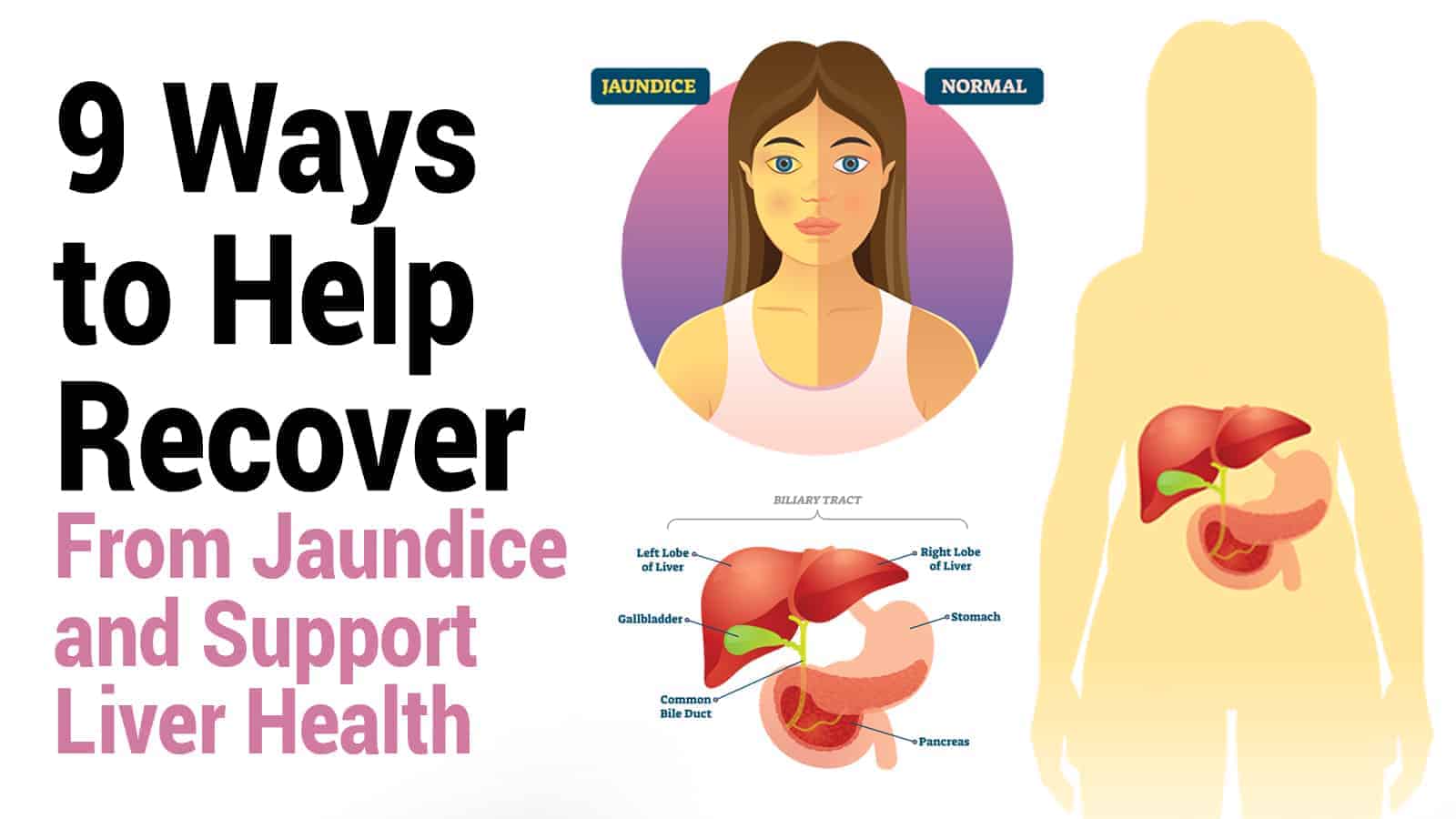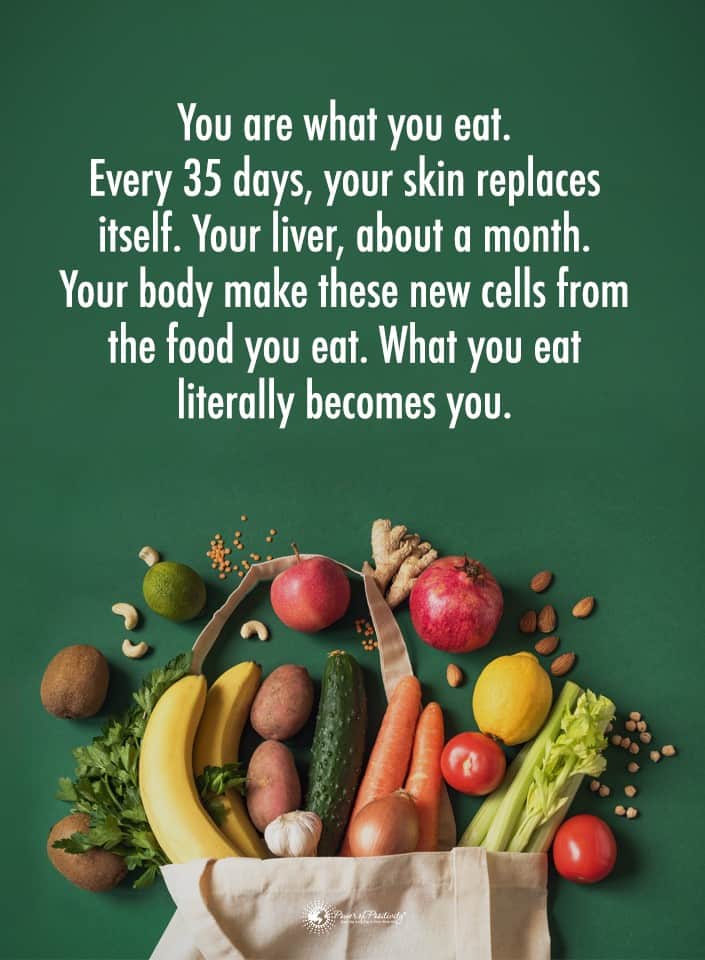When you hear the medical term jaundice, you probably think of a newborn baby. However, this condition can happen to adults, too, especially those that have liver issues. Have you ever seen someone’s skin or eyes turn a shade of yellow when they’re sick or have cancer?
Jaundice is a condition where too much bilirubin builds up in the blood. Bilirubin is a substance that is an orangish-yellow color. It’s a pigment that occurs as your body breaks down red blood cells in your system.
The liver is responsible for taking this substance and turning it into bile so it can quickly be passed through your stool. When your levels are too high, it’s an indication that your liver cannot filter this waste as it’s not cleaning the blood. It can be caused by the cells breaking down at an unusual rate, or it can be generated from a sluggish liver.
Your skin, which is the largest organ in your body, will quickly show if your blood is becoming toxic from having too much bilirubin. Signs of this can indicate a condition like bile duct disease, among others. Hemolytic anemia is another severe medical disorder where the red blood cells your body makes are being destroyed faster than what the body can make them.
According to the University of Rochester Medical Center, your bilirubin blood levels should be no more than two to three milligrams per deciliter. If the bilirubin rises higher than this, then it will cause a significant change to your skin. The higher the levels, the darker the yellow pigment that’s released.
However, not all discolorations of the skin stem from jaundice. So it’s always best to consult with your primary care physician to find an actionable treatment plan before you proceed.
How Your Diet Affects Your Liver
When it comes to jaundice, your diet can be a contributing factor. Some foods are more accessible for the liver to digest than others. Recovery and prevention can have everything to do with your diet.Since the liver oversees metabolizing the nutrients from your food and getting rid of the toxins in your blood, it has a significant responsibility. Everything you put in your mouth requires the liver to help the digestive system.
However, the things you ingest are metabolized differently, such as the nutrients and chemicals. So, some foods are more friendly to the liver than others. For instance, eating many foods with saturated fats, salt, and sugar can be troublesome for the liver.
Other troubling foods include alcohol and some medications that can damage the cells within this vital organ. If you have liver issues, you need to ensure you eat things that will help and not hinder your digestion, which will help the liver detoxify easier and won’t cause further damage.
Nine Healthy Ways to Recover from Jaundice
If you need some natural ways to help you with your liver issues, then you have the power to do many things. Here are the most helpful ideas to help the liver out and decrease bilirubin in your blood.
1. Hydrate
How many times have you heard that you need to drink more water? Water is necessary for every part of you, and it’s essential to organ function. When you drink water, it helps the body to flush toxins through the system. Being dehydrated from a lack of water is not what you want when there’s a buildup of toxins in your body.
2. Load Up on Fruits and Vegetables
Every fruit and vegetable out there has some sort of nutrients that your body needs. For instance, lemons are something that you could certainly use. While it’s acidic on the outside, inside, your body, it turns alkaline.
Lemons are known for their powerful ability to help flush toxins. According to The Alternative Daily, they can help regulate blood sugar levels as well as lower blood pressure. Lemons have been used for centuries to aid in weight loss and overall body health, as they’re a natural diuretic.
Other fruits to consider include strawberries, blueberries, and cranberries. These contain a good deal of fiber, and they’re more manageable for the liver to digest. Sorry, fruit juice just doesn’t have the same effect as eating raw, unprocessed fruits or veggies.
3. Avoid Alcohol
Did you know that alcohol is toxic to nearly all your internal bodily tissues? Is it any wonder that it can make medical issues with the liver worse? Numerous studies warn that drinking excessive alcohol can cause persistent inflammation, decrease your liver function, and even lead to conditions like lead to diseases like cirrhosis and fibrosis.
4. Pack In the Whole Grains
A study was conducted and posted on the National Library of Medicine. The participants had some sort of hepatic insufficiency. Eating a diet full of whole grains like wheat, barley, buckwheat, and oats brought a significant improvement in their liver enzymes. This research proves that consuming whole grains can help to heal the liver, which will ease jaundice.
5. Snack On Nuts and Legumes
Things like vitamin E and phenolic acid can help to boost liver production, and you can find these essential vitamins plentiful in nuts and legumes. Not only are they full of vitamins, but they’re also rich in antioxidants that your body needs to thrive. Plus, you have a rich source of fiber and healthy fats that can assist your entire system.
6. Avoid Raw or Undercooked Fish or Shellfish
Though you may love sushi, it’s best to avoid this and other raw fish when you have a liver issue. The issue with raw or undercooked fish is that it may have toxins that your body cannot handle in its already compromised state. Even worse, the toxins found in this fish could cause further issues in your liver and other parts of the digestive system.
Since your red blood cells are already compromised, bringing in something that has the potential to carry bacteria, parasites, and viruses is not a wise decision. Until your bilirubin number gets to the proper levels, avoid undercooked fish.
7. Load Up on Lean Proteins
If you love to eat fish, you can certainly eat any that is fully cooked. Also, anything with a high source of protein, such as tofu, and poultry can help. You should avoid red meat, as it’s known to cause more stress to the liver.
Pack in the salmon and mackerel, as they have oils in them that contain things that your body needs like zinc and omega-3s. Why are these oily fish so good for you? Well, they help to metabolize carbs and fatty acids in the body and prevent oxidative distress from free radicals.
In fact, the medical journal Gastroenterology Research and Practice published a study on this topic in 2016. They found that Omega-3s improved non-alcohol-related fatty liver disease with no side effects.
8. Get Out in The Sunshine
Hendrik Vreman, Ph.D. is a pediatric specialist at Stanford University. Phototherapy is an all-natural way to treat jaundice, and it’s a quite common condition that new parents have with their infants. However, you can still use this method as an adult.
The only word of caution is that you need to make sure it’s not direct sun. She recommends that you use outdoor canopies since these devices can filter out harmful ultraviolet rays, and they will protect you from skin cancer. They’ve done many studies on this condition with infants, and 93 percent respond well to phototherapy.
9. Eat Carrots
You know that beta-carotene is terrific for your eyes. But According to the National Institute of Health Office of Dietary Supplements, carrots deliver powerful benefits it has to the liver.
Additionally, it helps to build and strengthen your immunity. Just drink two glasses of pure carrot juice every day for two weeks, and you will see a dramatic improvement in your jaundice as well as your overall health.
Another benefit to carrots is that they help clean and repair damage in the liver, which can be dangerous and cause fatty liver, among other issues.
Final Thoughts on Healing Jaundice and Enjoying Better Liver Health
Mother Nature provides so many healing plants that can cure what ails you. The best part about treating with nature is there are no harmful side effects and worries of toxicity. From carrots to sugarcane and even grains, your body can use the vitamins and minerals in these plants to heal itself.
If you start seeing signs that your liver is not functioning correctly, you must take immediate steps to remedy the situation. According to research by Harvard Medical School, around 20 percent of the American population has fatty liver disease, or 90 million people, and many aren’t doing anything to treat it.
The liver is one of the few organs in your body that can repair itself, which is favorable if you have conditions like jaundice. If you make changes to your diet and overall lifestyle, you should see improvements in your liver function. Keep in mind that severe conditions like cancer and cirrhosis require different approaches as these are considered advanced issues.
Thankfully, there are many things you can do to treat an overproduction of bilirubin right at home.

















 Community
Community

